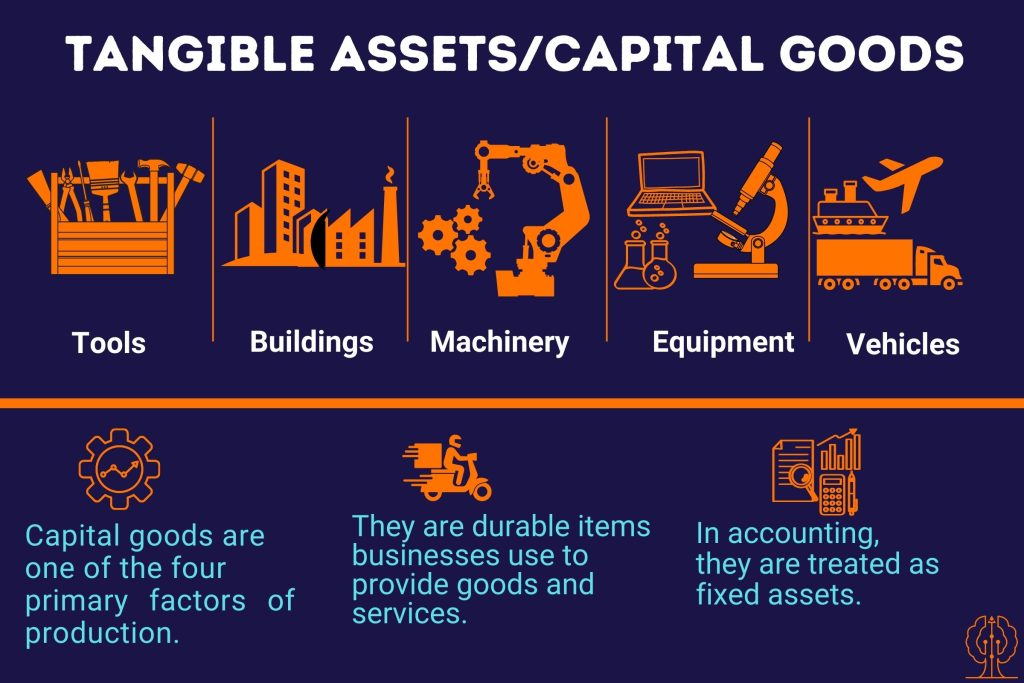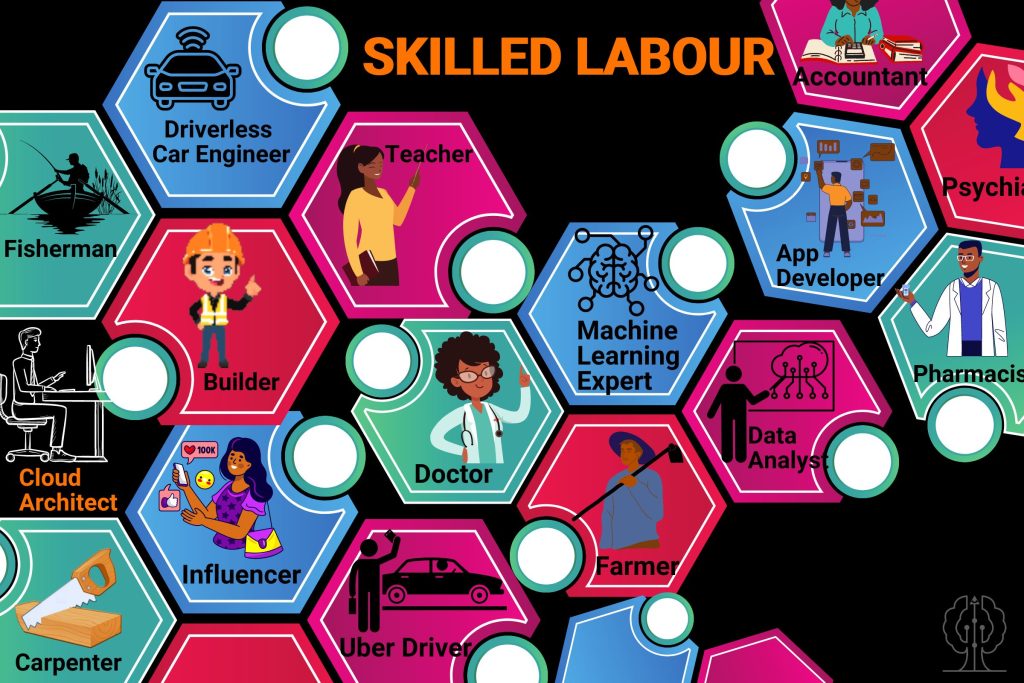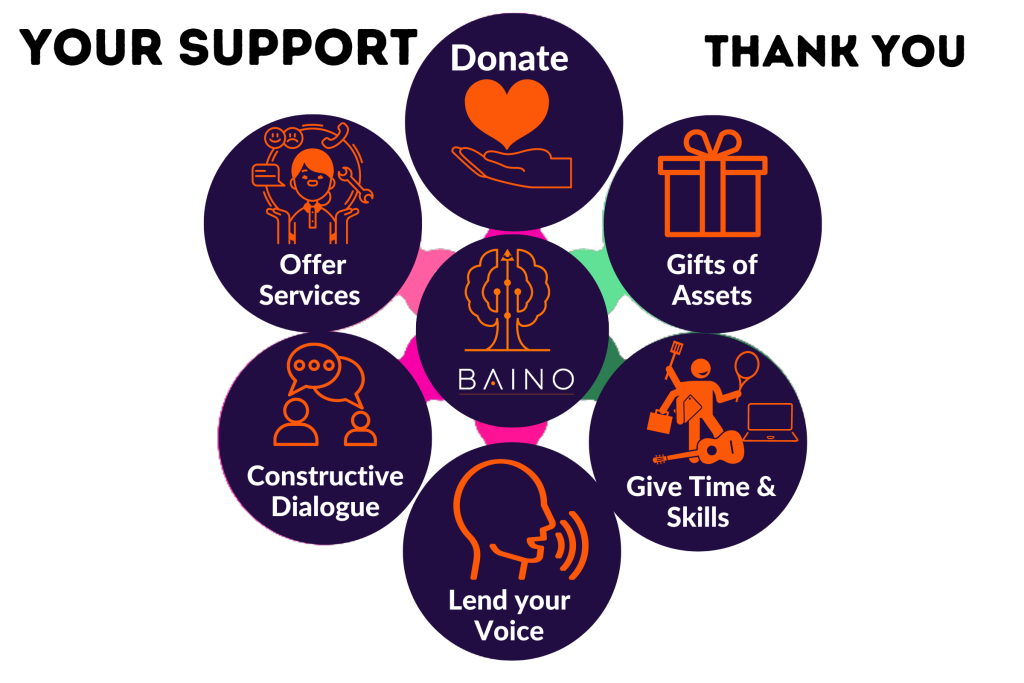Efforts to reduce poverty must address the structural basis that maintains it.
It would be fair to say that what we call ‘politics’ in the country revolves around the question of who gets what—and how to play the game of getting it. And once you are not in, you are outside, especially regarding access to meaningful resources.
Therefore, those born into poverty suffer from a lack of opportunity from their first months up through adulthood—and poverty becomes a self-perpetuating, vicious cycle. To an extent, a culture of poverty has been created. Now, residents perceive it as a logical and perhaps even inevitable outcome of adapting to the problem of being poor but not as the primary force driving poverty.
This thread of understanding implies that efforts to decrease poverty must first address the structural causes of poverty while not dismissing or ignoring some beliefs and practices of those experiencing poverty.

Now that we are determined to wage war against poverty, we must address the core causes of its cyclical nature in the region. To achieve this objective, Busoga must develop a high-quality, knowledgeable labour force as one of the fundamental factors to drive the region to economic growth.
Poor labour quality always discourages capital from flowing into any geographical area and breeds more poverty. Unless the quality of the labour force rises, these would-be remedies address symptoms, not the causes.

Efficient labour attracts similar capital investment and is distinguished by being highly disciplined, flexible, and skilled enough to handle the modern world’s complicated manufacturing processes. The relative advantage of a highly disciplined and properly acculturated workforce is far more significant today than ever.
To join and be a part of those who build, direct and set the pace and demands of this modern world, poverty and its causes must be brought down to its knees. The attainment of this objective will act as an engine to propel the region to all forms of accomplishment that even the current sharpest mind can’t imagine.

Busoga region must achieve this objective, or her future is doom and gloom.
The World Bank estimated that by 2030, nearly nine out of every ten people in extreme poverty will live in Sub-Saharan Africa, as global poverty is increasingly becoming African, centralised in Sub-Saharan Africa. Busoga being the poorest region in a struggling sub-Saharan African country, your concerns are as justified as our worries.
Given the current circumstance of absolute poverty, Busoga region strongly needs support to get itself off the ground in development sectors like agriculture, education, infrastructural development and investment in human capital. Only then will the region be on the route to achieving her objective— becoming a respectable, literate society.
